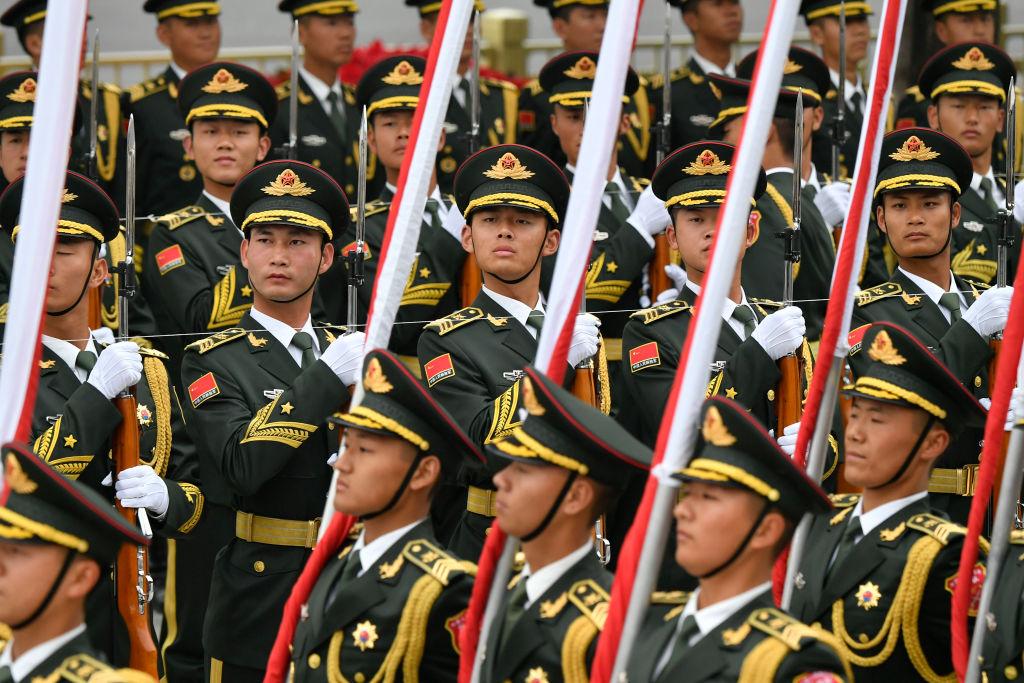WASHINGTON—The U.S. public view of China has turned sharply negative amid growing trade tensions between the world’s two largest economies.
Sixty percent of Americans today have an unfavorable view of China, up from 47 percent in 2018, according to a Pew Research Center poll released on Aug. 13. This marked the highest level since the inception of the survey in 2005.





